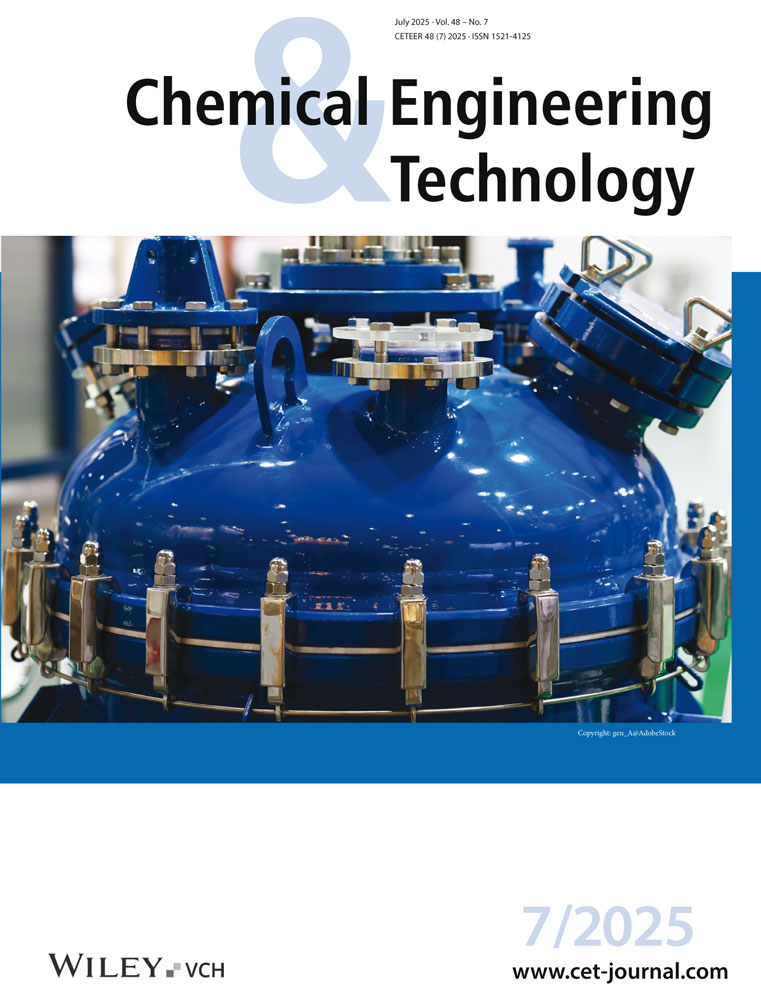Optimization of Cu-SSZ-13 Zeolite for Selective Oxidation of Methane to Methanol
Abstract
Methane, the primary component of natural gas, plays an increasingly crucial role in global energy production and chemical synthesis. The selective oxidation of methane to methanol using clean, economically viable oxidants represents an optimal strategy for its efficient utilization. Herein, Cu-SSZ-13 zeolite catalysts were synthesized via ion exchange. By optimizing the preparation conditions and adjusting the cationic sites on the support, Cu-SSZ-13 zeolites with a single active site were developed. This approach led to catalysts exhibiting high methane conversion rates and methanol selectivity. Temperature-programmed reduction (TPR) characterization revealed that the key active species responsible for the catalyst's high methanol yield was a single Cu species displaced from the six-membered ring to the elliptical cavity.




